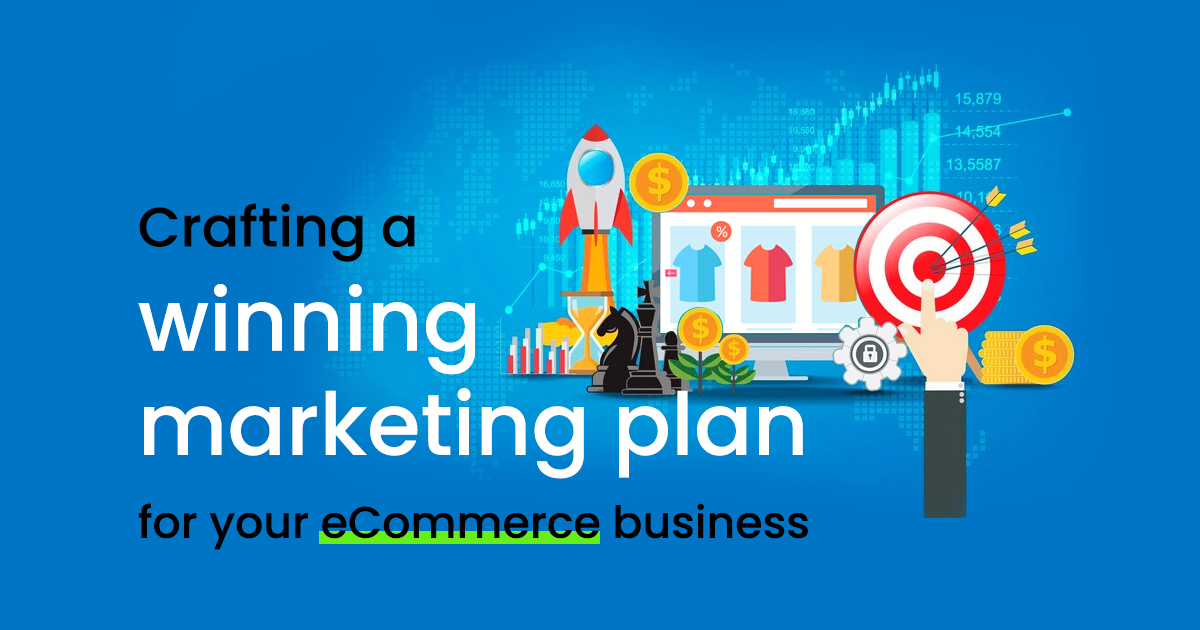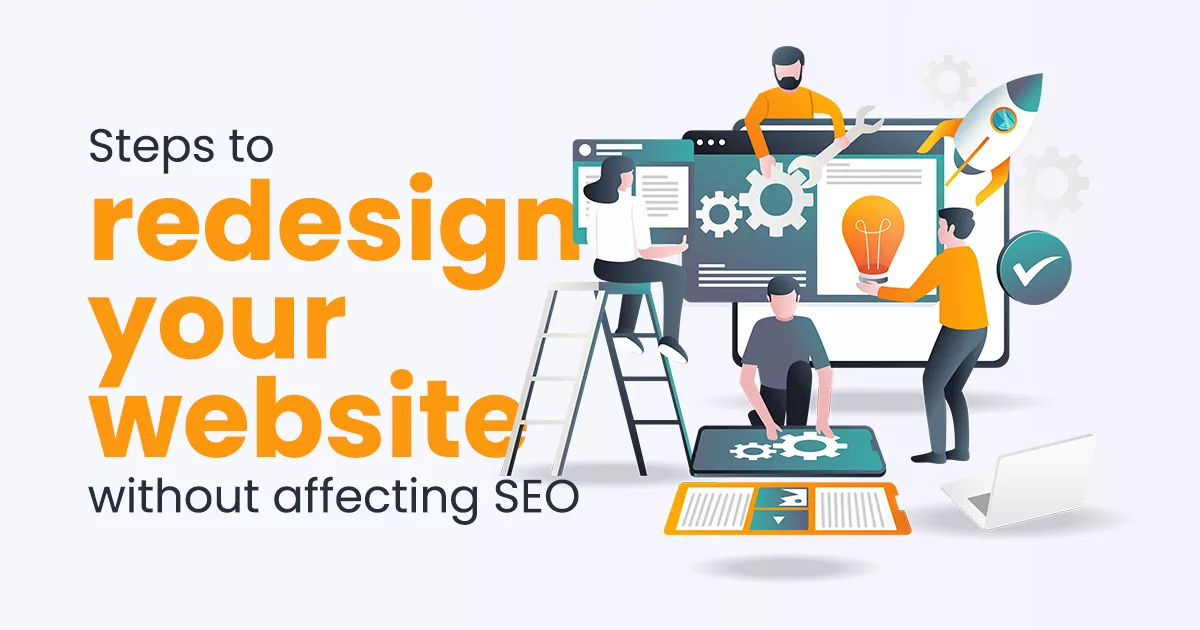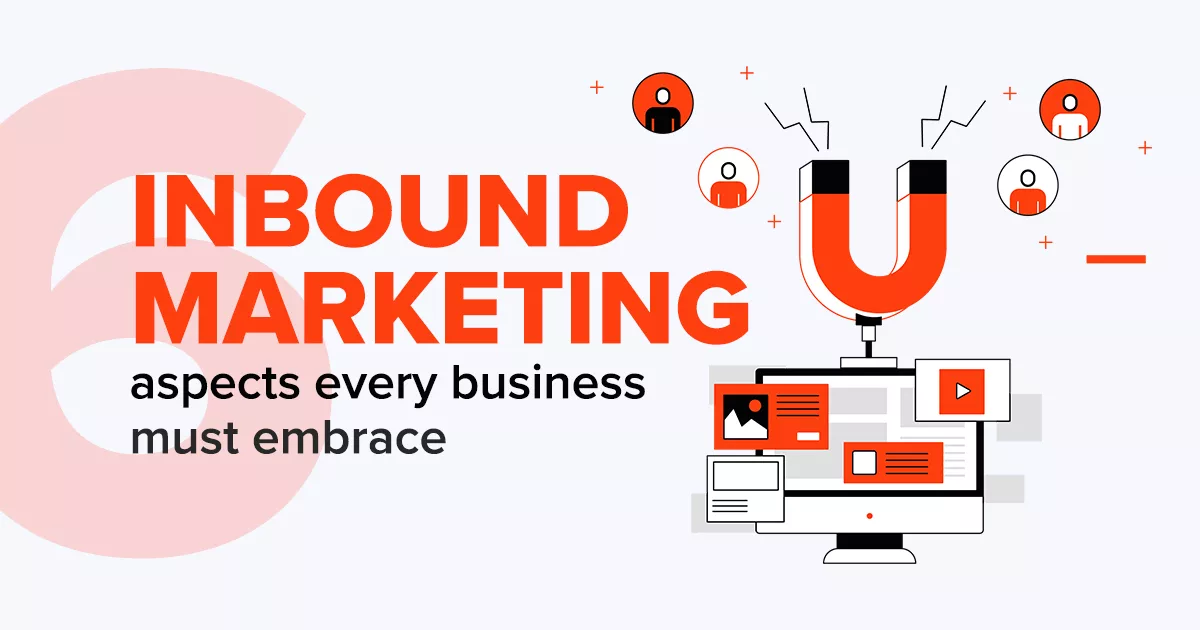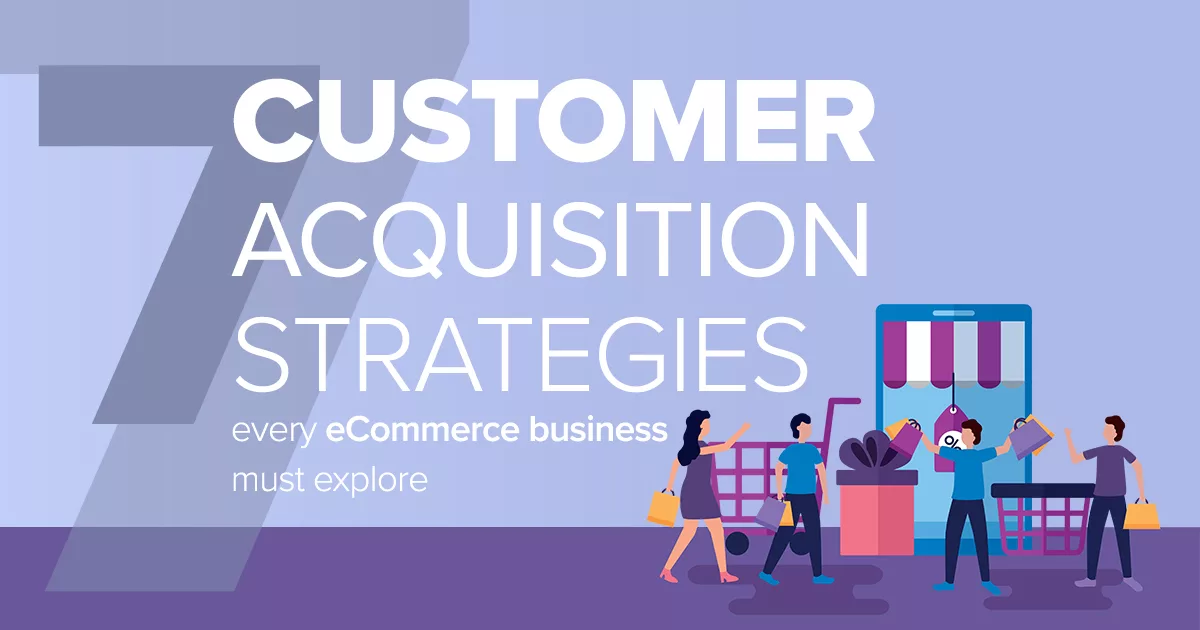Crafting A Winning Marketing Plan For Your eCommerce Business

In today’s digital age, a well-thought-out marketing plan is the cornerstone of any successful business. It’s not enough to simply offer a great product or service; you must also ensure that your target audience knows about it.
For businesses in the e-commerce industry, having a solid marketing plan is even more critical. In this comprehensive guide, we’ll explore the crucial elements of a marketing plan that can elevate your business to new heights.
Understanding Your Business Goals
Before diving into the specifics of your marketing plan, it’s essential to start with a clear understanding of your business goals. What do you want to achieve through your e-commerce venture? Some common goals for e-commerce businesses include:
1. Increasing Sales:
This is often the primary goal for e-commerce businesses. You want to generate more revenue through online sales.
2. Expanding Market Share:
If you’re in a competitive market, your goal might be to gain a larger share of the market.
3. Building Brand Awareness:
For newer businesses, building brand recognition and trust may be the primary objective.
4. Diversifying Product Lines:
You may want to expand your product offerings to reach a broader customer base.
Understanding Your Business Goals
Once you’ve defined your business goals, it’s time to identify your target audience. Understanding your ideal customers is crucial because it allows you to tailor your marketing efforts to reach the right people. Consider factors like demographics, interests, online behavior, and purchasing habits.
Developing Your eCommerce Website
The next step is developing your e-commerce website. Your website should be a seamless, user-friendly experience. This involves optimizing your site for both desktop and mobile devices and ensuring fast load times. Keywords like “eCommerce website development” can help you attract relevant traffic.
1. Mobile Optimization:
With the increasing use of smartphones for online shopping, having a mobile-responsive website is essential.
2. User Experience (UX):
Your website’s layout, navigation, and overall design should make it easy for customers to find what they’re looking for and make a purchase.
3. Search Engine Optimization (SEO):
Implementing SEO best practices will help your website rank higher in search engine results, increasing organic traffic.
Content Marketing
Content is king in the world of digital marketing. High-quality, relevant, and engaging content can help attract and retain customers. It’s also a great way to incorporate keywords like “best eCommerce website developers” into your strategy.
1. Blogging:
Regularly publishing blog posts related to your products, industry trends, and customer concerns can position your business as an authority in your niche.
2. Product Descriptions:
Well-written product descriptions are not only informative but also SEO-friendly, helping your products rank higher in search results.
3. Email Marketing:
Email campaigns can keep your customers informed about new products, promotions, and company news.
Social Media Marketing
Utilizing social media platforms is crucial for e-commerce businesses. Share your content, engage with your audience, and use social media advertising to reach a broader audience.
1. Facebook:
With its extensive user base, Facebook is an excellent platform for advertising and building brand awareness.
2. Instagram:
Ideal for businesses with visually appealing products, Instagram allows you to showcase your products in a visually compelling way.
3. Twitter:
Use Twitter to share real-time updates, and promotions, and engage in conversations with your audience.
Paid Advertising
Paid advertising can provide an immediate boost to your e-commerce business. Consider running targeted ads on platforms like Google Ads and Facebook Ads to reach potential customers actively searching for products.
Analytics and Monitoring
Finally, an essential aspect of your marketing plan is tracking your performance. Utilize analytics tools to measure the success of your marketing efforts, including website traffic, conversion rates, and ROI from advertising spend. Make data-driven decisions to refine your strategies continually.
Conclusion
A well-structured marketing plan is the backbone of any successful e-commerce business. By understanding your goals, identifying your target audience, choosing the right platform, developing your website, and implementing effective marketing strategies, you can position your e-commerce business for growth and success.
Subscribe to our Blog
Read our newly created blogs delivered straight to your inbox.


